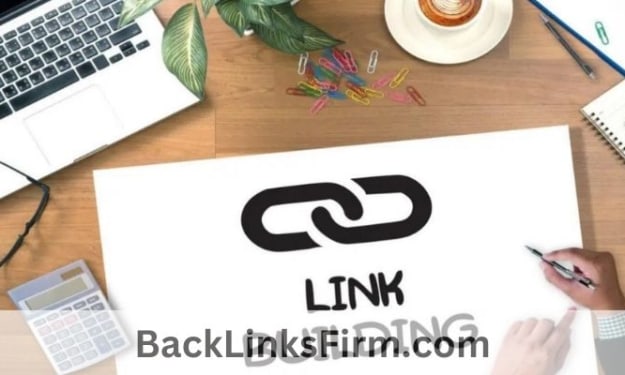
As far as we might be concerned, the remix culture is an extraordinary idea that is set at the specific time frame ever. Notwithstanding, a remixed work has substantially more importance than just the capacity to adjust very nearly creative and subordinate positions. A remix signalizes an essential change in the manner individuals contemplate their way of life. Also, a remix focuses away from the chronicled system that spotlights on a specific region (music, video, or symbolism) as a product. It concentrates on the new creation that identifies with the space.
As indicated by O'Brien and Fitzgerald, "The selective privileges of the copyright proprietor over acts like multiplication/duplicating, correspondence, variation, and execution – except if authorized straightforwardly – by their very nature lessen the capacity to arrange copyright material without consent" (18). Accordingly, it is unavoidable for a remix to confront lawful issues when a piece of the first piece is duplicated, adjusted, or re-created without the arrangement and authorization of the copyright proprietor through a Creative Commons permit. As a general rule, when settling the issue of duplicated material, the court thinks about a significant piece of replicated material based on quality instead of amount.
Regarding this issue inside the structure of a remix, there is a vulnerability in the Copyright Act that bears almost no legal position. Consequently, almost certainly, the remixes are considered looking into the issue to-case premise to decide if the infringement of copyright has happened (O'Brien and Fitzgerald 19).
Be that as it may, with regards to the advanced world, the thought of making content is exceptionally dubious. In this manner, emerges the inquiry as communicated by Lawrence Lessig in How The Law is strangling creativity: "What should the opportunity to compose, the opportunity to cite, the opportunity to remix be?" ("Remix. How Creativity Is Being Strangled by the Law" 157). As per Lessig, a remix has no associations with the procedure because the strategies utilized for remixes have been accessible to artists and producers for quite a long time.
The main issue with remixes is how the fundamental techniques are accessible for any individual who approaches a PC. Anyone with this entrance can take sounds, pictures, or video material from another culture or age and remix it in a manner nearer to the objective age or culture. This can be called composing of the twenty-first century (Lessig "Remix. How Creativity Is Being Strangled by the Law" 160). The issue with remixes is that the law concurs with citing from a text while citing from a visual or sound medium requires authorization.
Note that these days individuals live in a remix culture, particularly with regards to the Internet. This is the way of life where any child has Photoshop and can download a photograph of Lady Gaga, control it, and sent it to their companions on Facebook. What's more, this is by and large what they generally do, they remix. Moreover, it is unthinkable not to see the expanding rates at which music remixes are made. Somewhere around, one tune from a Top-10 outline on the radio has a remix in it. This is the thing that can be classified as "free culture." Ideas are controlled and afterward passed along where they are held once more (Lessig Remix: Making Art and Commerce Thrive in the Hybrid Economy 14).
Then again, the universe of Internet innovation has gotten solid evaluates on what it means for inventiveness, basic reasoning, and lessens sympathy. Nicolas Carr indicates that Google is "straightforwardly, occupied with interruption" (qt. in McChesney 70). Along these lines, the Internet analysis that ran wild is firmly connected to over-corporate greed.
Silvia is a Colombian vocalist and lyricist that performed at the dispatch of Creative Commons Colombia in Bogota. Innovative Commons is a non-benefit supplier of free copyright licenses, which urges numerous artisans to make new tasks utilizing the authorized material. Silvia sang a fantastic tune in Spanish, "Nothing Nada," that was converted into English as "Nothing" and gave to the Creative Commons site for free use by every individual who got a kick out of the chance to remix or reuse the track. Two or three days after transferring the trail, another craftsman has remixed Silvia's tune into an unrecognizable but an excellent song with the Spanish words changed into babble. Besides, the melody was retitled "Treatment for Mutilation," which pain the Creative Commons the executives that believed that the remix would disturb Silvia (Lessig Remix: Making Art and Commerce Thrive in the Hybrid Economy 20).
Nonetheless, Silvia didn't see her remixed track as an assault on her innovativeness; then again, the remix has shown her something else entirely of her melody. Notwithstanding how the Spanish words had at this point don't hand meaning, the music had an energetic theme that dragged significantly more energy. Therefore, Silvia chose to compose new words and lay them on the remixed track, consequently making a remix. For this situation, the demonstration of making another tune has changed and had no restrictions connected to copyright because of the Creative Commons stage. Accordingly, the chance for an artisan to create new melodies dependent on crafted by one more creator with no permit consent offers an opportunity to innovativeness.





Comments
There are no comments for this story
Be the first to respond and start the conversation.